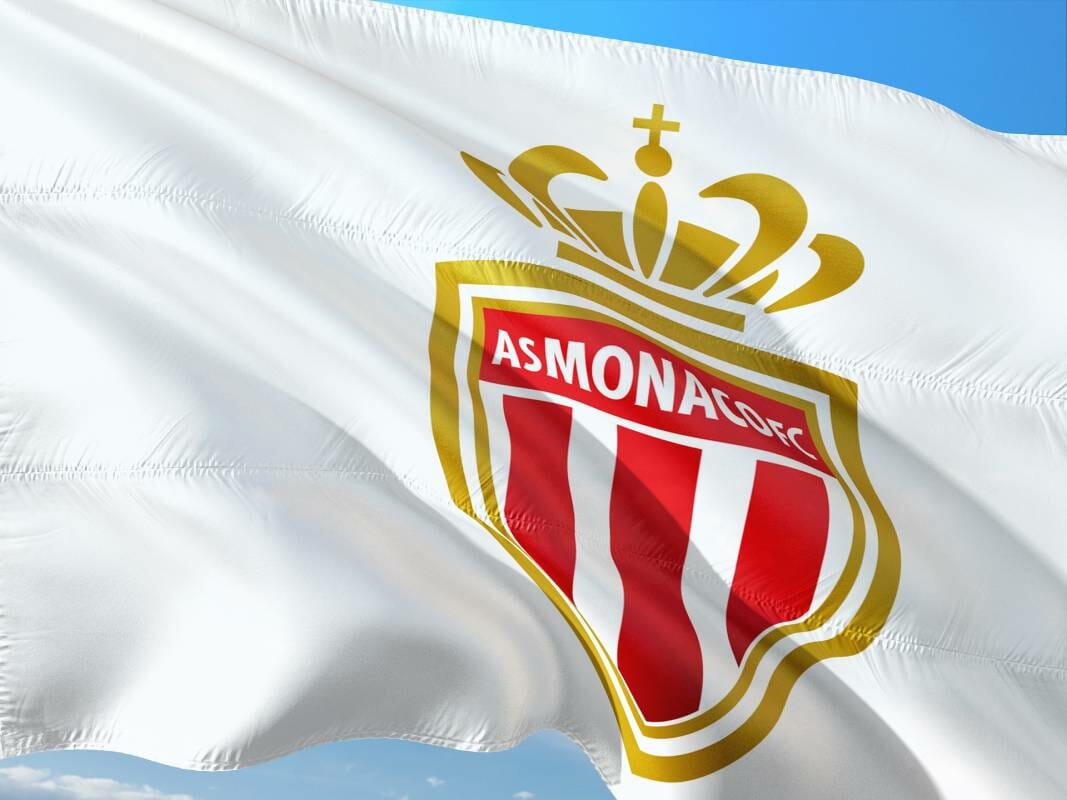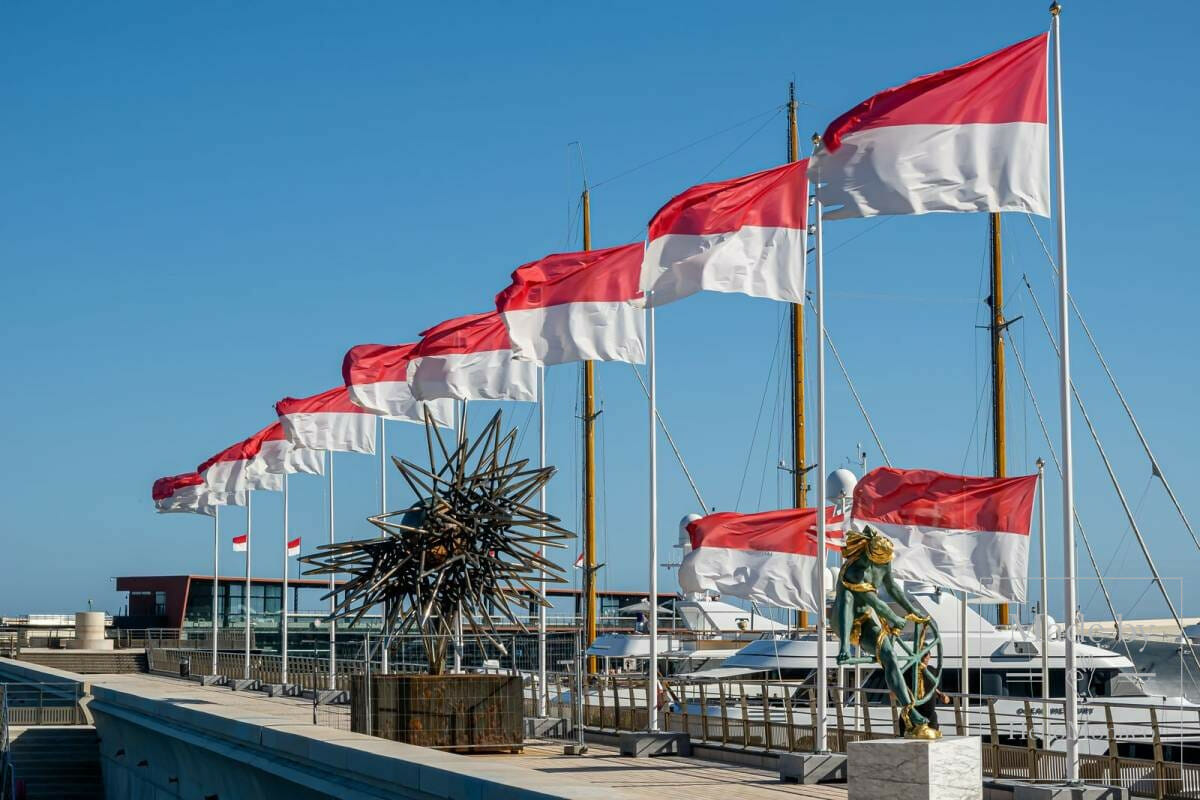As the summer season begins, private beaches are worried about their future due to the application of a decree involving their businesses. Some will be closing down in the autumn. The question has to do with the beach decree, which reduces their domain.
It dangles overhead like the sword of Damocles. The “Beach decree” is worrying the beach businesses of the Côte d’Azur, from Menton (Alpes-Maritimes) to Saint-Cyr-sur-Mer (Var). One after the other, private establishments are opening for the 2017 season. For some, this will be their last, such as in Juan-les-Pins, on the side of artificial beaches.This seasonal resort is always crowded in the summer; however it is considered to be one of the trouble spots of the Alpes-Maritimes, which is contested by professionals. There have been some conflicts, though. In Pampelonne, anger broke out, while in Saint-Tropez, Cannes and Nice, there were almost as many municipal as private beaches. The State wants to reduce their hold on the coast. Those dependent on this economy built upon sand (and pebbles) worry that these limits will sweep away all the memories of good times and charming evenings in the mythical establishments of the Cote d’Azur. One thinks back to the Bardot years, which attracted the biggest international stars towards these establishments. Private beach businesses fear the reduction of 2,000 jobs. With about 400 private beaches, the Côte d’Azur boasts about a third of the national total, mainly in the Var and the Alpes-Maritimes. A true source of tourist attraction. They generate royalties for municipalities of up to two million euros. Private beaches do not wish to shut down, they want to discuss possible arrangements.

Anger and disarray on the private beaches
Another point of contention: not dismantling the installations until the end of the concession period, and not every year.
“Being tough with private beaches is fine, but it’s a bit easy,” says René Colomban, president of the National Federation of Beaches, owner of the Blue Beach in Nice. “They have only to go talk to the rich developers that have built directly on the sea, or that encroach entirely on the beaches.”
Everyone oscillates between anger and disarray. “We have been fighting for a long time, and we do not manage to have serious talks. . The elected officials come and go, but those who are in this business remain.”

What is the beach decree?
Adopted on 26 May 2006, the decree establishes free access to the sea as a general principle. It was adopted at the initiative of the Ministry of Ecology. It reduces the duration of concessions from 30 to 12 years. Beach businesses cannot exceed 20% of the surface of the natural beaches, reduced from 30% before. On artificial beaches, the allowed proportion changed from 70% to 50%. Hard permanent structures will have to give way to transportable structures, to be dismountable and disassembled out of season, 6 months a year. The classified beach stations can extend this period to 8 months, or 11 for those which have had a 4-star tourist office for at least 24 months and 200 rooms open on average from 1 December to 31 March.
Some key figures:
1,500: the number of private beaches in France, of which a little less than a third is located on the Cote d’Azur.
-7oo million euros: this is the turnover of the 600 beaches on the Mediterranean in 2015 (Source: National Federation of Beaches).
-By comparison, 900 of the 4,000 kilometres of Italian coastline are private. According to the environmental association WWF Italy, “the number of paying beaches more than doubled in ten years to reach 12,000 (2014 figure, Editor’s note) against 5,400 in 2001. This corresponds to a private beach every 350 metres.”
At Juan-les-Pins, will Bretagne Beach survive?
His Bretagne Beach is a love story. It has been twelve years that Bernard Matarasso, 58 years old, has managed this piece of paradise in Juan-les-Pins. Bretagne Beach is a beach open in season, with a dozen employees in the summer, deck chairs lying on the edge of clear turquoise water, and a breath-taking view of the Lérins islands. It was named Bretagne Beach, because the partner of the first owner came from Brittany. From Bernard, one sees first his white beard and then a glint of a gold necklace, with the effigy of the island of Beauté. Then one hears his southern accent, combined with the accents of his native Corsica and Juan-les-Pins. In opening this season, he warned his staff: “It may be the last.” On this artificial beach, where the equilibrium provided by the beach decree is 50% private, 50% public, it is not the overworking that is problematic. Here, private beaches represent only 38% of the space.

“More expensive than Cannes!”
“No, the worry is the future public service delegation and the constraints imposed by the town hall,” he said. At the end of the season, he will have to destroy his establishment, which is a permanent set-up, built in hard construction. “In place of the 21 establishments, there will be only 10, according to the wishes of the town hall. But since I did not submit a tender to go back to the beach, and some of my colleagues didn’t either, there will be five or six.”
Bernard only dreams of continuing to work in this corner of paradise. “But at the price the mainland demands, it is not viable! The rate we are imposed is more expensive than Cannes! From 21 euros per m2, we would go to 45 euros per m2. It doubles the price per square metre of sand! And, from paying 1.6% of turnover, we would increase to 3.2%.”
All with a reduced working surface. “I have done my calculations, my colleagues too, the charges increase, the size decreases, what can you do?” Especially since after the demolition at the end of the season, the operators are bound to more than a year of not working, emphasised Bernard. “Who can afford to stop working eighteen months and reopen only in summer 2019? And my employees, what can they do in the meantime?”

Bernard therefore did not submit a new tender. Is this to put pressure? “No, I just want a dialogue with the town hall. We are asked to demolish at our own expense, to invest in dismountable facilities, and therefore to rent a place for the winter. I would like the town hall to become aware that we are professionals. I come from the heart of the hotel and catering business; I started at 18 years old and managed two hotels before this beach. My poor father used to say that by sitting down around a table together it’s always possible to come up with something positive. We have already sat round the table with the town hall, but not to discuss prices. And we found unsustainable demands.” Bernard says he is not trying to drum up sympathy, it’s about practicality. “We have to show that our private beaches are full, there is a demand! This is the story of Juan-les-Pins. Today, nearly fifteen families will leave without anything. That’s a thousand jobs affected! Tourism is an economic engine!”
Bernard contemplates his beach, seeing the first tourists resting on the sun beds, sipping a cold drink: “You know, beyond all that, this beach is about love, like the woman from Brittany who inspired its name. It is the soul of Juan-les-Pins that is going to be affected. It makes me sad. The anger will come later probably.”

“Some of my colleagues are going crazy!”
“Today, there is a lot of worry. Many colleagues will not return to their beach. Some are going crazy!” Alain Palamiti is President of the private beach businesses, of the Union of Trades and Industries of the Hospitality Industry (UMIH) of Juan-les-Pins. He operates a resort on a natural beach and will be affected by the decree in 2020. “In contrast, at the end of the season, we will see the closure of all private establishments located on the artificial beaches of Juan-les-Pins, from the Courbet Bridge to the ear of Golfe-Juan. On 17 September, the schools will be closed. “Demolition will happen a month later.” He told of the heartbreak that, for families who have run these beaches for decades, is the destruction of years of effort. “Professionals want to be heard.”
In the end, according to Alain Palamiti, the implementation of the decree will lead to the disappearance of more than 5,000 direct jobs in Juan-les-Pins and 1,500 to 2,000 indirect jobs. He insists that this will also mean a loss of turnover for the city, but also for the state in terms of French URSSAF and VAT. “We have always had the support of our mayors and local elected representatives. We want to be able to get around a table with the members of the future government.” The President does not deny that the public domain is inalienable. “We are ready to play by the rules and discuss possible arrangements. But I find it incredible to sacrifice jobs and businesses.”
It thus remains to be seen what will happen with regards to the decree and many private beach businesses in the future.








